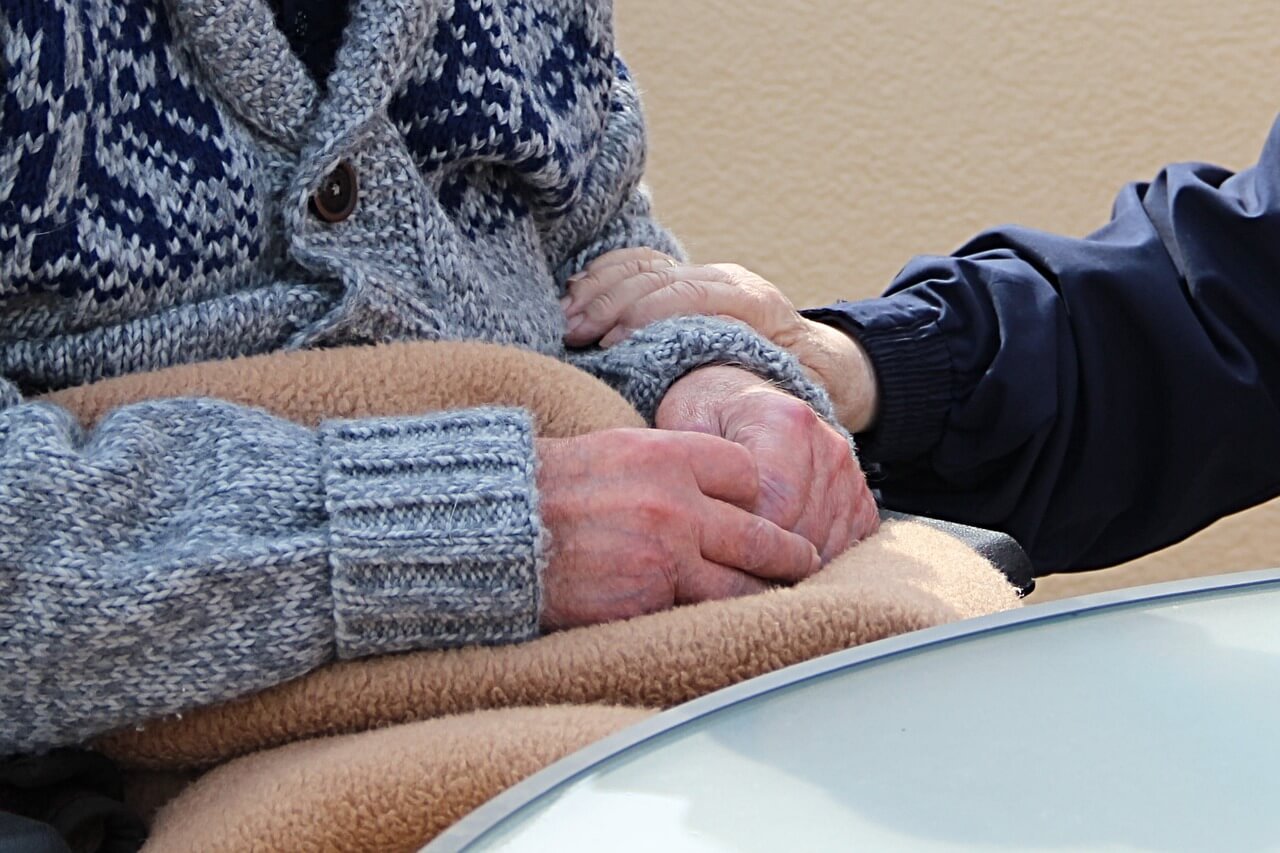What Wound Care?
Wound care refers to the process of treating and managing different types of wounds to facilitate healing, prevent infection, and promote recovery. Wounds can result from injuries, surgeries, chronic conditions, or underlying health issues. Proper wound care is essential for minimizing complications, reducing the risk of infection, and supporting the body's natural healing processes.
Following surgery, your healthcare team will provide detailed instructions for post-operative care. These instructions may include medication schedules, wound care procedures, dietary guidelines, physical activity limitations, and signs of potential complications. Adhering strictly to these instructions is crucial for a successful recovery.
In this blog post, we will explore what respite care is, and the benefits of nursing agency respite care for caregivers.
Wound Care and Dressings
Proper wound care is paramount to prevent infections and promote healing. Ensure that you keep the surgical site clean and dry as advised by your healthcare provider. Changing dressings, as instructed, and monitoring for any signs of infection, such as increased redness, swelling, or discharge, are essential.
Key Components of Wound Care:
1. Cleaning and Dressing: Cleaning the wound with mild soap and water or a saline solution helps remove debris and bacteria. Applying an appropriate dressing, such as sterile gauze or bandages, helps protect the wound from further injury and keeps it clean and moist, aiding in the healing process.
2. Managing Infection: Preventing infection is crucial in wound care. This involves regular inspection of the wound for signs of infection, such as increased redness, swelling, warmth, or discharge. Antibiotic ointments or medications may be prescribed by healthcare professionals to prevent or treat infections.
3. Proper Wound Healing Environment: Maintaining a conducive environment for healing is essential. This includes keeping the wound moist but not excessively wet, as moisture supports cell growth and helps with tissue repair. However, excessive moisture can lead to maceration. Healthcare professionals may recommend specialized wound dressings to create an optimal healing environment.
4. Debridement: In cases where wounds have dead or damaged tissue, debridement is necessary to remove this tissue, promoting healthy tissue growth and reducing the risk of infection.
Monitoring and Follow-Up: Regularly monitoring the wound's progress and attending follow-up appointments with healthcare providers is crucial. It allows healthcare professionals to assess the healing process, make necessary adjustments to the treatment plan, and address any complications that may arise
Types of Wounds:
· Surgical Wounds: Resulting from surgical procedures, these wounds require specific care and monitoring to prevent infection and promote healing.
· Traumatic Wounds: Caused by accidents or injuries, these wounds may range from minor cuts to deep lacerations and require careful cleaning and management.
· Pressure Ulcers (Bedsores): These occur due to prolonged pressure on the skin, often in individuals with limited mobility. Preventive measures and proper wound care are essential to avoid complications.
How Staff Relief Can Help Your Family
At Staff Relief, we understand that proper wound care involves a combination of medical expertise, hygiene practices, and attentive monitoring. Seeking guidance from healthcare professionals ensures that wounds receive appropriate treatment, leading to better outcomes and faster healing.
Staff Relief offers respite care options and private homecare services to meet the unique needs of each family. We believe that everyone deserves quality care and support. If you're a caregiver in need of respite services, we encourage you to call us (905-709-1767) today. Our compassionate and experienced trained staff can provide the support and relief you need to take time for yourself and recharge your batteries.



